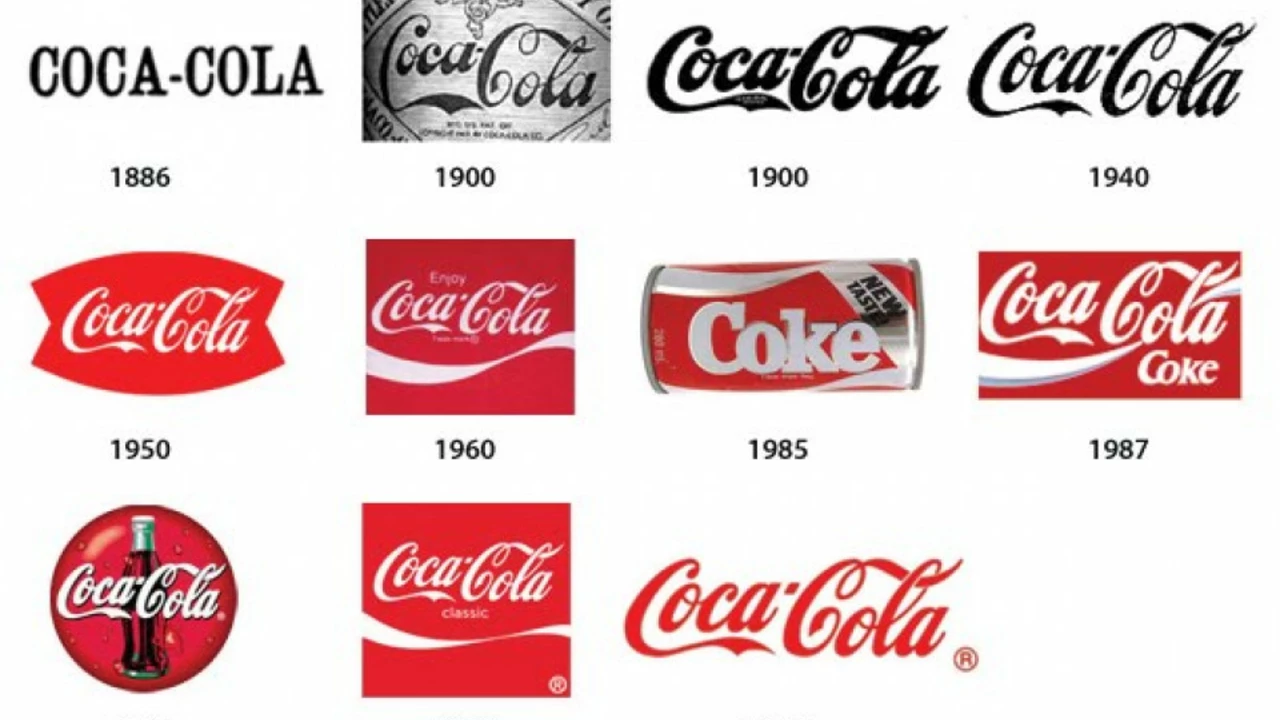Intellectual Property Law Made Simple
Ever wondered why some names are everywhere while others disappear after a few years? That’s the power of intellectual property (IP). It’s the legal toolbox that lets you own a brand, a invention, a song, or even a secret recipe. Knowing the basics can save you money, keep your ideas safe, and stop you from stepping on someone else’s rights.
What Can You Protect?
IP isn’t one thing – it’s a group of rights that cover different creations. Trademarks guard the words, logos, or sounds that identify your business. Think of the swoosh for Nike or the shape of a bottle that screams “I’m Coke”. Patents protect new inventions, from a smartphone camera lens to a medical device. If you’ve invented something that works in a new way, a patent can stop others from copying it for up to 20 years. Copyrights cover artistic works like books, music, movies, and software code. They give you the exclusive right to copy, distribute, or adapt your creation. Finally, trade secrets keep confidential information, such as a formula or a business plan, hidden from competitors.
Each type has its own rules, timelines, and costs. A trademark can last forever if you keep renewing it, while a patent has a fixed life span. Copyright springs up automatically when you fix a work in a tangible form, but you still need to register for extra protection in many countries. Understanding which protection fits your need is the first step toward solid IP strategy.
Common Mistakes and Quick Tips
One big mistake is assuming generic words are automatically protected. The question “Is the word ‘cola’ trademarked?” shows why it matters. While Coca‑Cola owns the brand name “Coca‑Cola”, the word “cola” itself is generic and free for anyone to use. If you tried to name your drink “Super Cola” without checking, you could run into a legal fight. The lesson? Always search existing trademarks before you lock in a name.
Another slip‑up is neglecting international protection. Your brand might be safe in India, but if you sell online, customers in the U.S. or Europe could see your trademark used by someone else. Filing in key markets early can stop that from happening.
Don’t forget to keep your paperwork up to date. Trademarks need renewal every 10 years, patents need maintenance fees, and copyrights need proper notices. Missing a deadline can let your rights slip away without a fight.
Here are three quick actions you can take right now:
- Run a trademark search on the government’s database or a reputable service.
- Write down the exact date you created any original work – that helps prove ownership.
- Talk to an IP attorney before launching a product that could be patented or trademarked.
IP law can feel heavy, but breaking it down into steps makes it manageable. Protect what matters, avoid the cheap mistakes, and let your ideas grow without fear.
Ready to protect your brand, invention, or creative work? Start with a simple search, keep records, and get professional advice when you need it. With the right basics in place, you’ll have the confidence to innovate and expand without looking over your shoulder.
